What You Think Is A Spider Bite Is Usually Something Else Entirely, Doctors Say
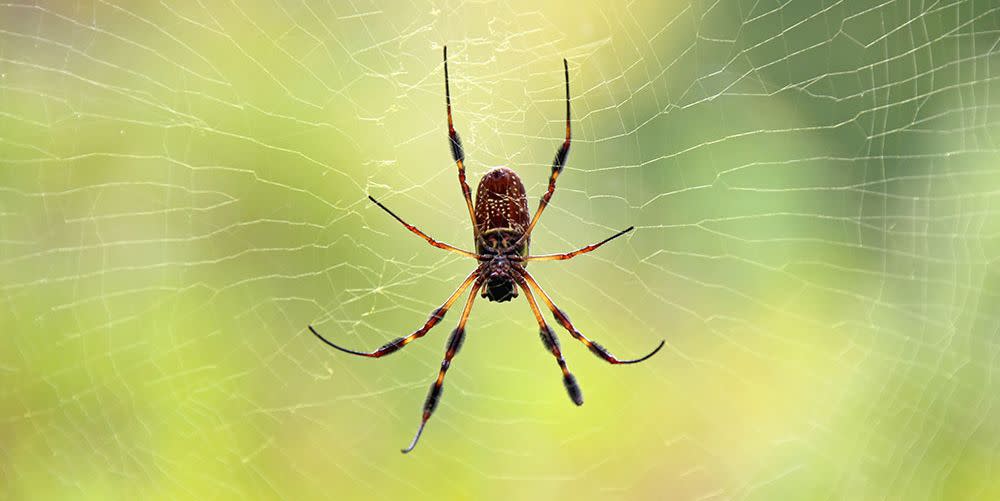
If the mere *thought* of a spider crawling on your skin makes you shiver, same! But if you’re dealing with an actual spider bite, you may start to panic—they can be painful, itchy, and super uncomfortable.
The good news, though, is that “most spider bites are harmless, as the venom is not toxic to people,” says Paru Chaudhari, MD, a dermatologist at North Peak Dermatology and the co-founder of Quitch bug bite stickers. “There are a limited number of spiders in the world with fangs strong enough to pierce human skin, and they usually do not bite unless they are crushed between you and another object." Most people who think a spider bit them were usually bitten by a different insect, she adds.
Okay, but how do you know if your bite is a cause for concern? The pics below (reviewed by experts) will give you an idea of what different types of spider bites look like, what you should do if you spot one on your bod, and when to call a doctor.
Meet the experts:
Paru Chaudhari, MD, is a dermatologist with over a decade of experience. She is a fellow of the American Academy of Dermatology and a member of the Women’s Dermatologic Society. She is also a co-founder of Mor Ventures Inc, which creates science-backed skin care for families.
Justin Arnold, DO, MPH, is the medical director of Florida Poison Information Center Tampa and an associate professor at the University of South Florida.
Rajani Katta, MD, is a board-certified dermatologist who serves as voluntary clinical faculty of both the Baylor College of Medicine and the McGovern Medical School, University of Texas Houston.
Joshua Zeichner, MD, is the director of cosmetic and clinical research and an associate professor of dermatology at Mount Sinai Hospital in New York City.
Rick Vetter, PhD, is a spider expert and staff research associate in the department of entomology at the University of California, Riverside.
David Price is an associate certified entomologist and the director of technical services at Mosquito Joe.
Why do spiders bite in the first place?
It’s tough to nail down exactly why a spider bit you, but there’s certainly a few common reasons they bite, says David Price, an associate certified entomologist and the director of technical services at Mosquito Joe. “They may be defending themselves, actively hunting, or awaiting a meal in the web,” he explains.
Some species also move about at night while looking for food like flies, mosquitoes, or moths, and they come across humans since we give off body heat, he adds. The spiders aren’t feasting on your blood or skin, but they typically bite you if they are threatened or trapped between you and another object. Sometimes you may also unknowingly disturb a web with your hand or foot and the spider strikes thinking it’s food or a predator, adds Price.
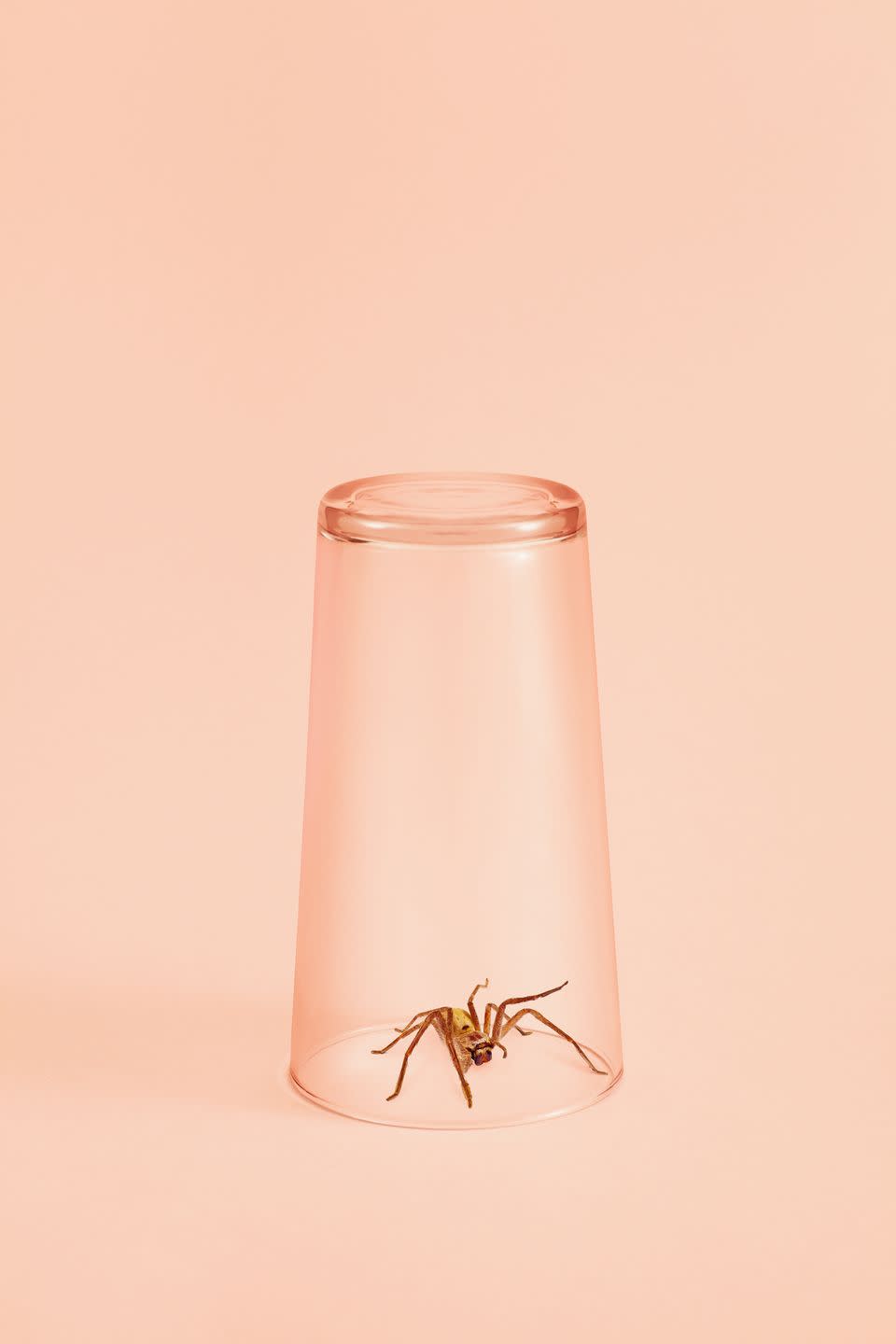
How long do spider bites last?
While definitely unpleasant, spider bites usually heal within about a week (other than brown recluse and hobo spider bites, which can unfortunately take weeks or much longer to mend). “It really depends on the severity of the bite, but if local and minimal, it can take about seven to 10 days to heal,” says Dr. Chaudhari.
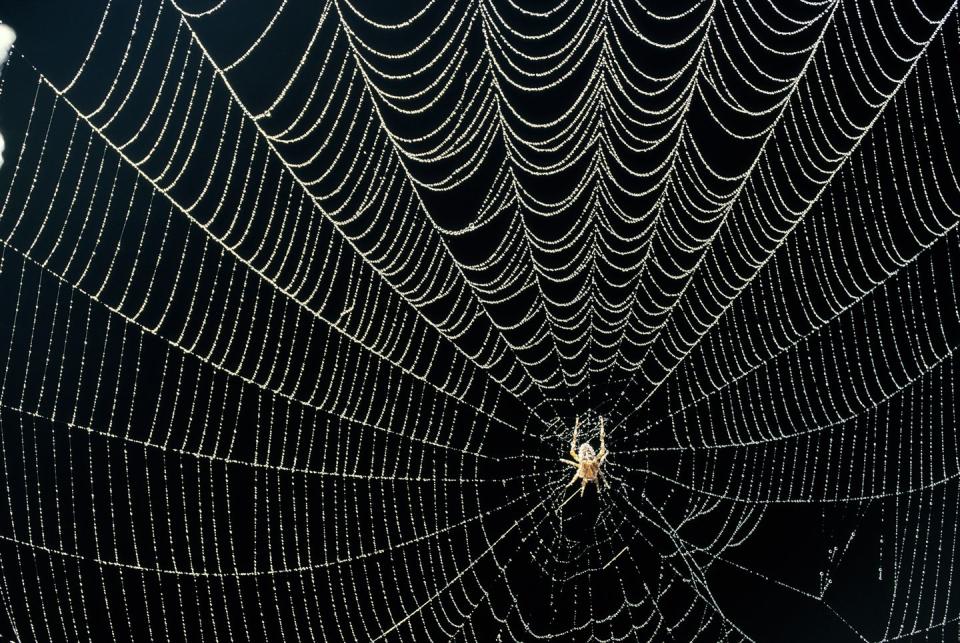
What do black widow spider bites look like?
Of all the spiders, black widows pose the greatest health threat to Americans, according to Rick Vetter, PhD, a spider expert in the department of entomology at the University of California, Riverside. Their bite is extremely painful and, but luckily, an antivenin (a.k.a. anti-venom, or an injection given to boost antibodies against a particular poison) now exists.
Think you can ID a black widow bite on sight? Not so fast: The actual bite looks a lot like any other spider bite. However, they do tend to become more swollen and redder than your general household spider bite, Vetter says.
Black widow spiders are tough to identify as well. Only female black widows have the characteristic red hourglass-shaped markings on their backs. Male and immature black widows have tan and white stripes, according to Vetter.
Because these types of bites are so serious, if you strongly suspect you were bitten by a black widow spider or you develop muscle cramping, abdominal and chest pain, high blood pressure, a racing heart, and/or vomiting within two hours of a bite, go to the ER immediately, says Dr. Arnold.
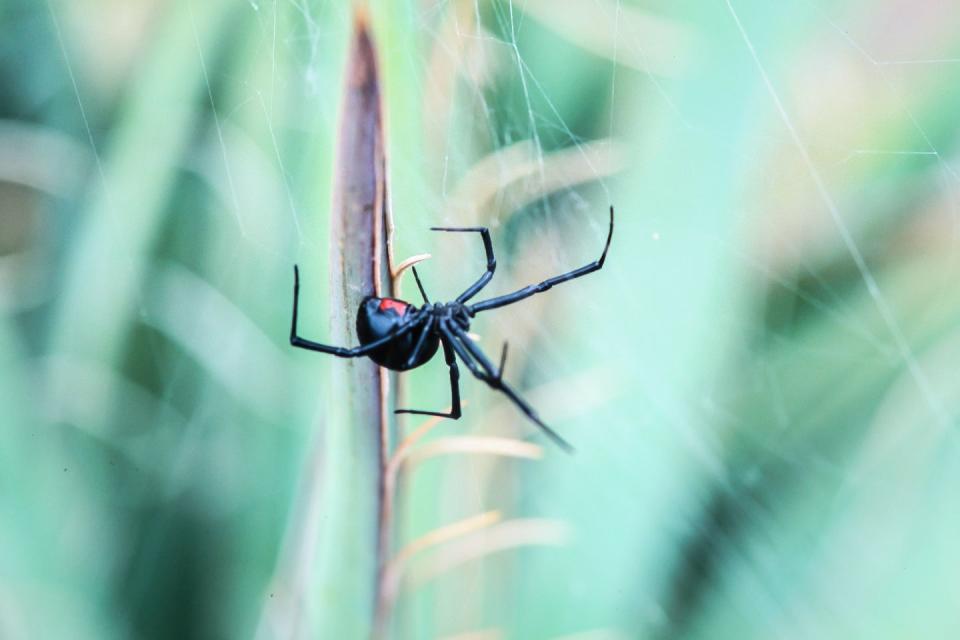
So, how do you treat a spider bite?
If you are bitten by a spider (and you don't have any of the symptoms above) you should immediately wash and clean the skin, says Joshua Zeichner, MD, the director of cosmetic and clinical research and an associate professor of dermatology at Mount Sinai Hospital in New York City. “You should thoroughly cleanse the skin, but avoid over-scrubbing or using a harsh soap that can disrupt the skin barrier. The Dove beauty bar is my go-to,” he says.
Next, apply a cool compress to the skin for 15 minutes to reduce inflammation and an over-the-counter anti-itch cream to limit irritation. An OTC allergy medicine like Benadryl, Claritin, Allegra, or Zyrtec may also help. “Taking an antihistamine will reduce the allergic reaction from the inside out,” he says.
Oral and topical OTC treatments will usually help cut down on recovery time, minimize any discomfort, and heal the bite within a week, but remember: If you develop a rapidly growing skin rash or have difficulty breathing, you should go to the emergency room ASAP, stresses Dr. Zeichner. These types of bites are rare, but brown recluse, black widow, and hobo spider bites can be deadly, so if you suspect one bit you, seek medical treatment immediately. You may need antibiotics, prescription pain relievers, or antivenin.
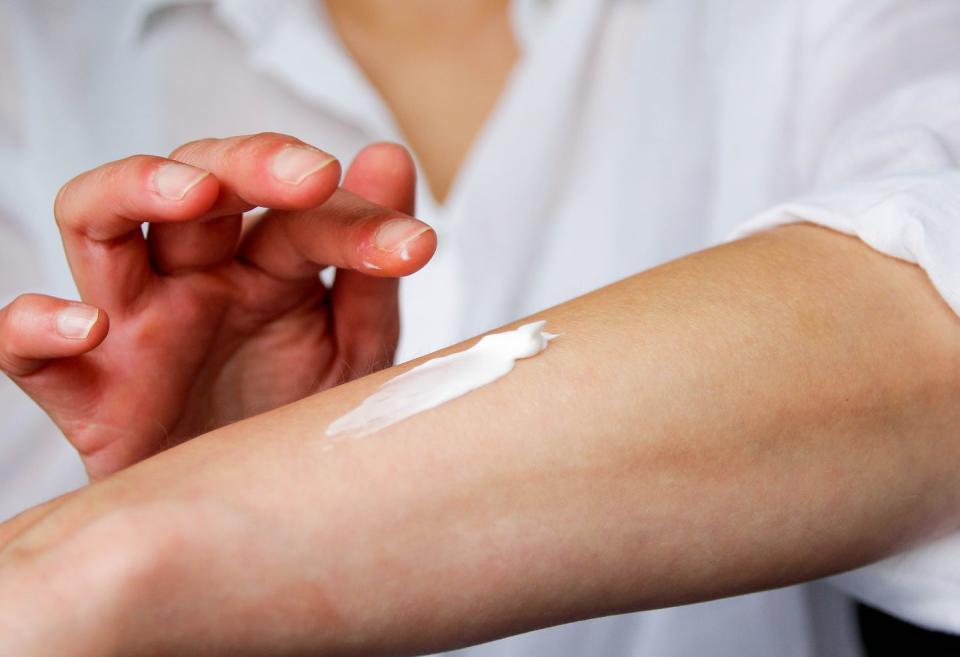
You Might Also Like

